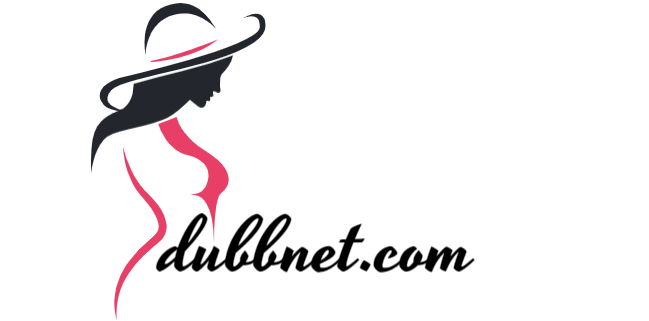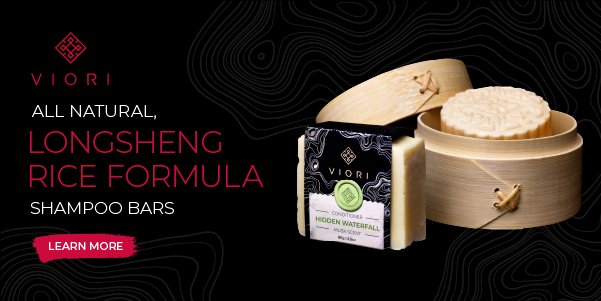The ever-evolving beauty industry is constantly searching for new ways to revolutionize the customer experience and maximize efficiency. Artificial Intelligence has been a breath of fresh air in this arena, offering unprecedented advancements in the development of meaningful cosmetic solutions. AI is here to stay and the cosmetic industry must join forces to lead the charge into a new era of beauty powered by AI.
1. The Age of Beauty 2.0: AI in the Cosmetics Industry
The world of fashion and beauty is quickly turning to the modern era of technology. Artificial Intelligence, or AI, has shaken up many industries, and the cosmetics sector is no different. AI is quickly becoming the go-to tool for cutting-edge technologies that help makeup brands and consumers alike. Here’s a look into how AI is transforming the beauty industry:
- Personalized Shopping Experiences: AI companies are offering retail recommendations based on customer profiles. Consumers can input their skin type and the type of products they need, and AI will instantly recommend the right cosmetics for them.
- Advances in Facial Recognition Software: Companies are using facial recognition software to recognize people’s skin tones and facial features, and suggest the right makeup colors for them. This technology could make it easier for people to pick the right colors for their skin tones.
- Virtual Makeovers: Sites like ModiFace are offering virtual makeovers, allowing customers to visualize how they would look with a certain shade or trend on their faces. This is great for anyone who is unsure about which products to purchase.
- Efficient Production Processes: AI can help streamline production processes, from ideation and formulation to testing and manufacturing, accelerating the whole process. This could reduce the time it takes to bring new products to the market.
AI is now transforming the beauty industry, and it is allowing companies to offer new and innovative services to consumers. Customers have the ability to easily find the right products for them, while brands can benefit from a streamlined production process and create products to meet customer needs faster.
AI-driven products and services are quickly becoming the norm in the beauty industry, and this is something that all makeup brands must keep in mind as they look to the future. As AI continues to develop and evolve, the beauty industry will no doubt keep up with its growth and continued innovation.
2. Enhancing Consumer Interaction with AI and Machine Learning
In the vast era of technology, AI and machine learning has become the saviour for businesses, in terms of enhancing consumer interaction. AI technology has made it easier for businesses to target their customers in a personalized way and leverage the power of consumer data to improve the user experience.
Using AI and machine learning is an effective way to improve user engagement and build strong relationships with customers. AI technology has revolutionized the way brands interact with customers and gain insights. Businesses are now able to identify customer needs and preferences more accurately and respond to them in a timely manner.
The rise of AI has enabled businesses to provide a more interactive experience to customers. AI-backed chatbots and virtual assistants have become the norm for customer support departments. These bots are able to process customer queries accurately in no time and provide accurate and quick solutions that have been customized to suit customer needs.
At the same time, AI-enabled personalization techniques like machine learning enable businesses to provide personalized experiences to customers. These personalized experiences can be used to target customers based on their buying behaviour and preferences. This helps businesses to generate meaningful engagement with customers and improve customer satisfaction.
- AI and machine learning are effectively used to enhance customer interaction.
- Chatbots and virtual assistants improve customer support.
- Machine learning helps business to build strong relationships by providing personalized experiences.
3. Future of Beauty with AI: Possibilities and Challenges
Beauty and technology have been intertwined ever since the invention of the tweezer. In a world where we can now transform selfies into art, many are asking about the possibilities of AI for the beauty industry. With the aid of technology, beauty services are becoming more advanced than ever, and AI could potentially take the beauty industry to unprecedented heights.
One of the possibilities of AI is in the implementation of augmented reality tools. Augmented reality can help customers select cosmetics and hair colors virtually, without spending time and money in the salon. They can also envision how a product would look on them without having to use the full product or take a risk. The use of AI in facial recognition can make this process more accurate and ensure that customers find a good match for their skin type.
AI can also be used in skincare to diagnose skin problems better, prescribe products to target specific skin concerns, and provide customized beauty regimes. With AI’s data-driven insights and automated products, customers can have tailored advice and help identify the right products for their skin type faster. AI beauty assistants can also take the guesswork out of beauty shopping, by predicting trends and providing product recommendations.
However, the implications of AI in the beauty industry come with certain challenges. With the rise of smart beauty technology, customers have raised concerns over privacy and security, with fears that AI companies are collecting and storing customer data for malicious use. Similarly, unethical AI-driven beauty practices, like the use of facial recognition, could lead to biased results based on facial structure or technology bias. As AI technology continues to develop, it is important for beauty companies to ensure that privacy legislation is kept up to date and that ethical use of AI practices is maintained.
- Benefits of AI in Beauty:
- Augmented reality tools for product selection
- Data-driven insights and customized beauty regimes
- Smart beauty shopping assistants
- Challenges of AI in Beauty:
- Privacy and security
- Ethical implications & potential bias
- Updates to privacy legislation
4. AI: Revolutionizing Beauty on a Global Scale
AI has revolutionized many industries, and the beauty industry is no exception. With advancements in technology, beauty products can now be tailored to individuals’ needs on a global scale. Here are just a few ways AI has changed the beauty world:
- Personalized Skin Care: Skin-care companies are beginning to combine AI and machine learning to create individualized routines that are tailored to each person’s skin type and individual needs. Companies like Proven.com specialize in creating personalized skin-care routines designed to maximize skin health.
- Makeup Recommendations: With AI, makeup companies have the ability to deliver suggestions to customers based on facial features and past purchases. For example, with the “Help Me Choose” tool from Sephora, customers can answer several questions about their skin type and tone, and receive makeup product recommendations that are tailored to their specific profile.
- Virtual Try-Ons: AI-powered tools, like the ones available from companies like L’Oréal Paris and CoverGirl, allow customers to virtually try on a variety of makeup looks before committing to a purchase. These tools are becoming increasingly popular, as they give customers the confidence that a look will suit them before they make a purchase.
- Artificial Beauty Assistants: AI-powered chatbots, such as the one available from e.l.f. cosmetics, allow customers to ask questions and receive answers tailored to their individual needs. These virtual assistants can help customers find their perfect foundation shade or can suggest products that can help them achieve a certain look.
As AI continues to evolve, so will its impact on the beauty industry. AI has the potential to make the beauty industry more personalized, efficient, and accessible to people on a global scale. In the near future, it’s likely that AI will continue to transform the beauty industry in surprising and innovative ways.
In the world of beauty, AI is rapidly becoming an entrenched part of the industry, setting the stage for a future of increased automation and personalization. With the progress AI has made in such a short period of time, it’s clear that technology holds the power to shape the way we view and interact with beauty. Who knows what’s next for this ever-evolving field? Keep an eye open for the ever-growing reach of artificial intelligence in beauty.



